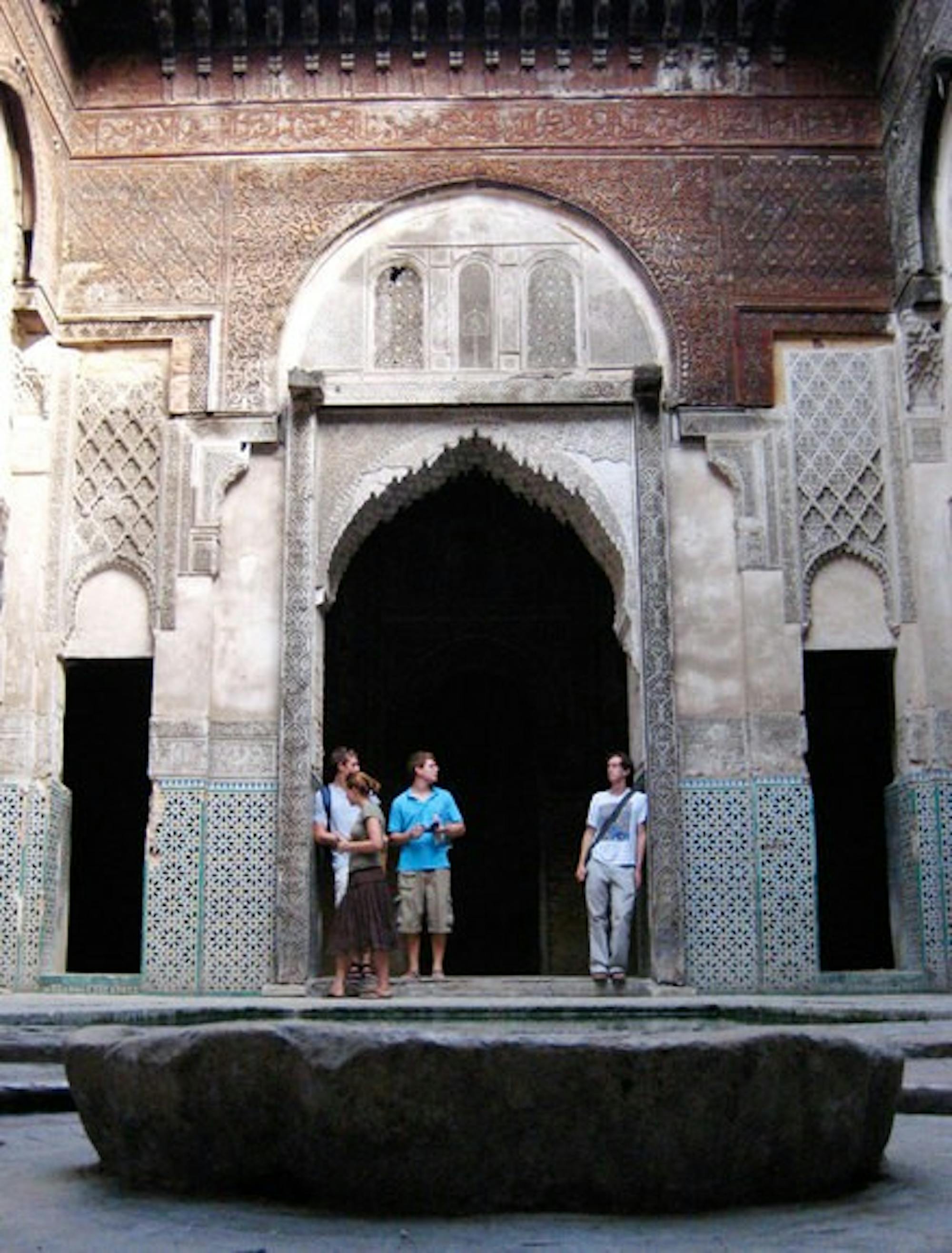"We now have a critical mass of students to allow us to have an advanced program," Jonathan Smolin, a professor of Arabic, said. "We believe that pedagogically, students should have two years of Arabic on campus before they go abroad."
In the past, it was customary for students to study in Fez after a year of Arabic on campus because there were not enough students to run an on-campus second-year program.
After about a 600 percent increase in student enrollment in Arabic following the Sept. 11, 2001 attacks and skyrocketing numbers of first-year students -- 60 this year alone -- the department found that it had more flexibility in terms of how it administers its program.
Part of the impetus for change stems from a finding that students were speaking commonly-used colloquial Arabic in their home-stay programs abroad, rather than the standard Arabic taught at the College.
That set-up can be difficult for freshmen, said Sarah Allan, chair of the AMELL department.
"Academically, [the Tangiers program] would make more sense," Allan added, explaining how a more advanced program is more suitable for the Dartmouth curriculum.
If approved, the program to Tangiers would offer a more integrated experience as well as complete immersion, Smolin said.
It would be organized as both a language pledge program and a home-stay, which means students would speak in a combination of standard and colloquial Arabic. The weekend home-stays would be combined with weekday dormitory life and live-in instructors.
"Our facilities will just be fantastic," Smolin said. "We were very happy with the LSA-plus, but we are beginning to think of long-term health of the program."
As the LSA-plus to Fez served as the second year in Arabic language study, the department currently has no second-level classes on campus. The department had announced to first-year students at the beginning of the fall term that there would be no LSA-plus in the summer of 2008.
"It was a quick decision at the beginning of the year," Allan said. "It's clear that Arabic studies need to expand."
Usually, only first-year students travelled to Fez in the summer because of the limitations of the D-plan.
The Tangiers program, which will occur in the fall, is meant for juniors. If all plans are approved, the Class of 2011 will be the first to take advantage of the Tangiers FSP.
"I like that it's not in the summer," Peter Schwab '11 said. "I'd like to use my summer for more home and family-orientated things. I'd rather spend a traditional term abroad in the fall."
No students in the first-year classes had any objections or dropped the classes because of the new arrangements, Allan said.
Two second-level classes will be added next fall with new professors hired upon approval of the program. The department already has approval for hiring a new lecturer.
"Some people have thought that interest in Arabic might slow down, but Americans have realized that direct U.S. engagement in the Middle East will increase for many years to come, and students anticipate that," Smolin said.
Allan and Smolin expect student enrollment in Arabic to keep rising. The move from Fez to Tangiers will be an important step in adapting to the increasing numbers, they explained.
"We are planning a spectacular program," Smolin said.




